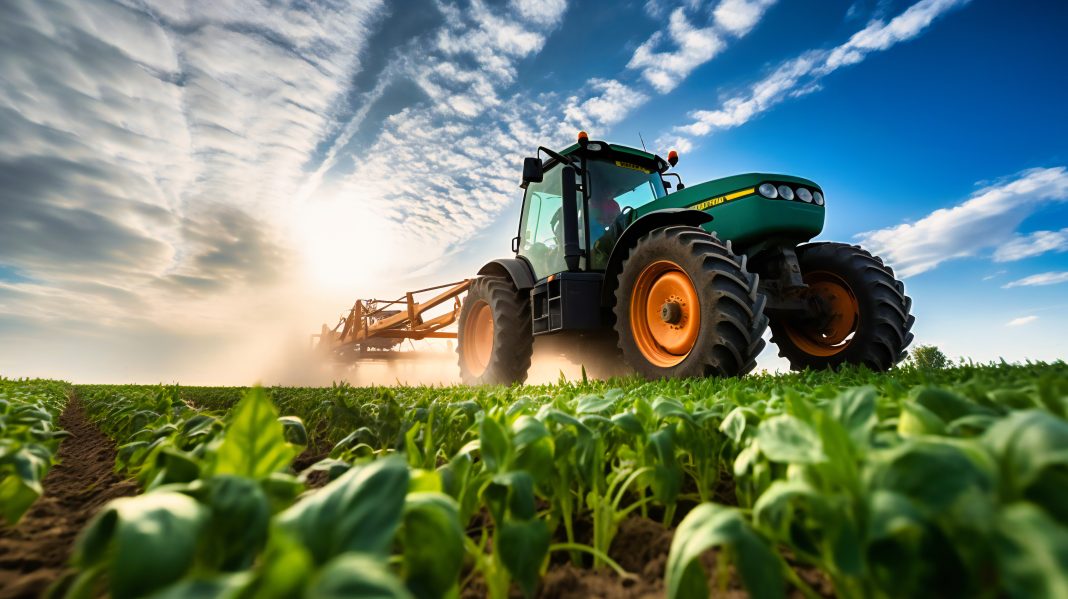KSA: The Saudi Agricultural Development Fund has secured deals worth $246.8 million to further strengthen Saudi Arabia’s food security. These financing contracts, totaling SR926 million, focus on the feed industry, animal production, and dairy sectors.
The aim is to support the import of essential agricultural products such as maize, soybeans, and barley, which play a crucial role in sustaining the country’s food supply. The agreements include various projects, such as the establishment of an agricultural product marketing center, cold storage facilities, and a broiler and poultry farming project.
The fund, established in 1961, aims to provide financial support to agricultural activities in the country. In line with the Ministry of Environment, Water, and Agriculture’s policies and Saudi Arabia’s overarching food security strategy, these financing contracts and loan approvals emphasize the nation’s commitment to achieving self-sufficiency and reducing dependency on imports.
The Saudi Agricultural Development Fund has demonstrated its dedication to supporting agricultural activities through substantial investments. In the first quarter of 2023 alone, the fund granted development and investment loans above SR2.3 billion, a significant increase compared to the same period in 2022. These loans, which surged 167% year over year, primarily benefited small farmers, breeders, and poultry projects across different regions.
The fund’s increased financial support reflects its proactive approach to bolstering the farming sector and optimizing the supply chain. It aims to fortify Saudi Arabia’s domestic agricultural production capabilities and reduce reliance on external sources.
By investing in key projects and providing loans to support agricultural activities, the fund plays a vital role in ensuring the nation’s food security.
As the nation continues to prioritize its agricultural sector, the Saudi Agricultural Development Fund remains committed to fulfilling its developmental and financing role in the agricultural industry, contributing to a more resilient and self-sufficient food system for the Kingdom.







